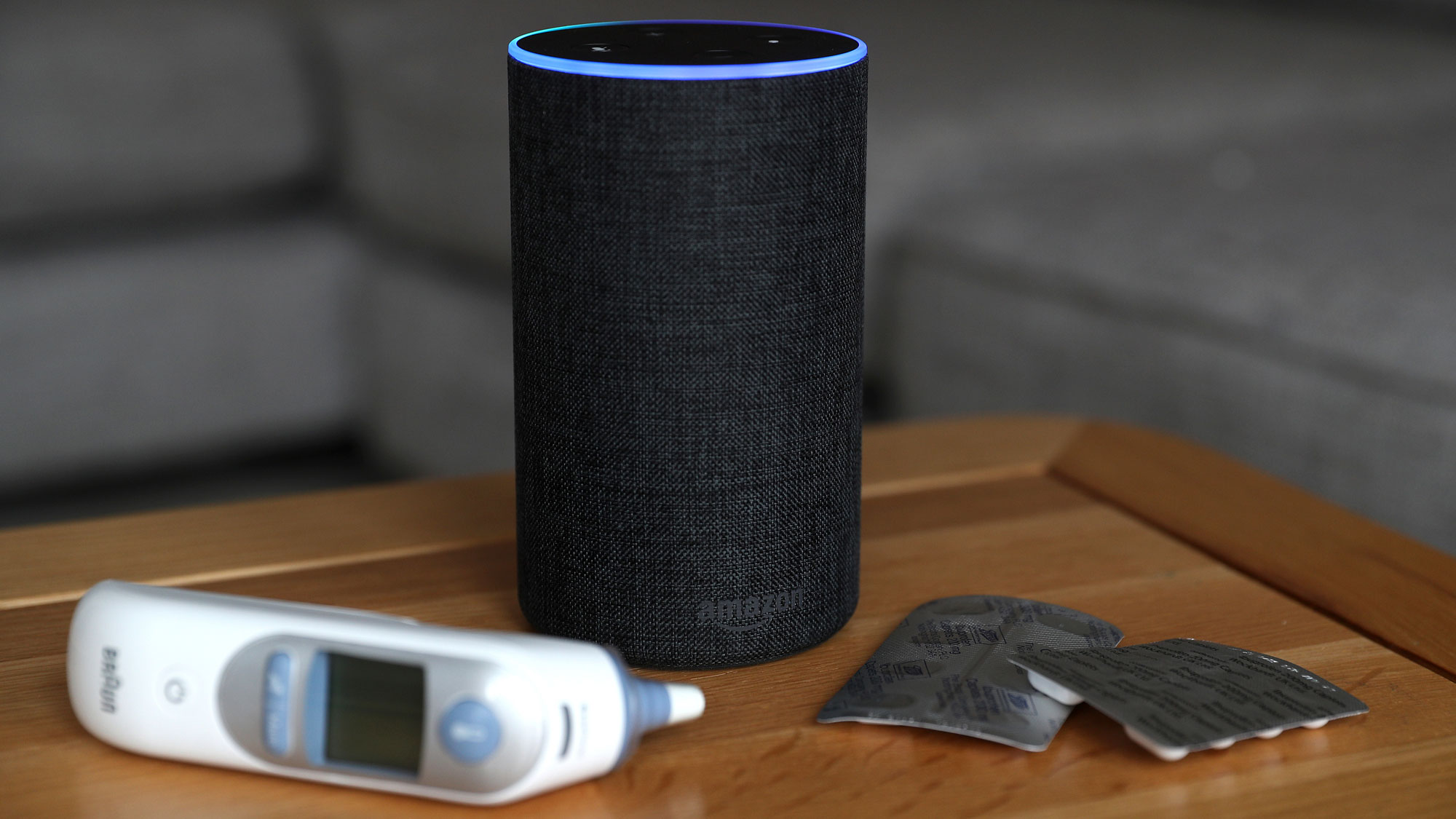Amazon Alexa will now be giving out health advice to UK citizens

The UK’s National Health Service hopes that its partnership with Amazon could help to reduce demand on its services.
The news: From this week, when UK users ask their Amazon smart speaker health-related questions, it will automatically search the official NHS website, which is full of medically backed health tips and advice. For example, you will be able to ask your Echo device, “What are the symptoms of flu?” Until now, it would answer these sorts of questions based on a variety of popular responses.
The aim: The government believes it will ease the burden on over-stretched doctors and hospitals, but also help elderly, disabled, or blind patients who may struggle to access this information otherwise, according to the UK health secretary Matt Hancock. The UK already has a deal with Babylon, an AI app that provides basic answers to queries about symptoms.
The worries: There are concerns that the voice service might discourage genuinely ill people from seeking proper medical help. The service will only provide answers to questions rather than the sort of back-and-forth conversation you would have with a doctor.
The professional body for family doctors, the Royal College of GPs, called for independent research to be carried out to ensure that the advice given is safe. It being Amazon, there are also concerns over data privacy, especially in an area as sensitive as health. However, the company insists that all data is encrypted and confidential, and can be deleted by customers.
Sign up here to our daily newsletter The Download to get your dose of the latest must-read news from the world of emerging tech.
Deep Dive
Artificial intelligence
Large language models can do jaw-dropping things. But nobody knows exactly why.
And that's a problem. Figuring it out is one of the biggest scientific puzzles of our time and a crucial step towards controlling more powerful future models.
Google DeepMind’s new generative model makes Super Mario–like games from scratch
Genie learns how to control games by watching hours and hours of video. It could help train next-gen robots too.
What’s next for generative video
OpenAI's Sora has raised the bar for AI moviemaking. Here are four things to bear in mind as we wrap our heads around what's coming.
Stay connected
Get the latest updates from
MIT Technology Review
Discover special offers, top stories, upcoming events, and more.